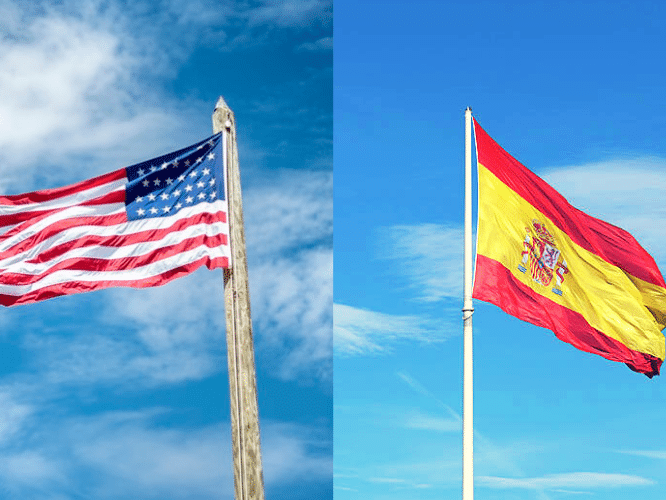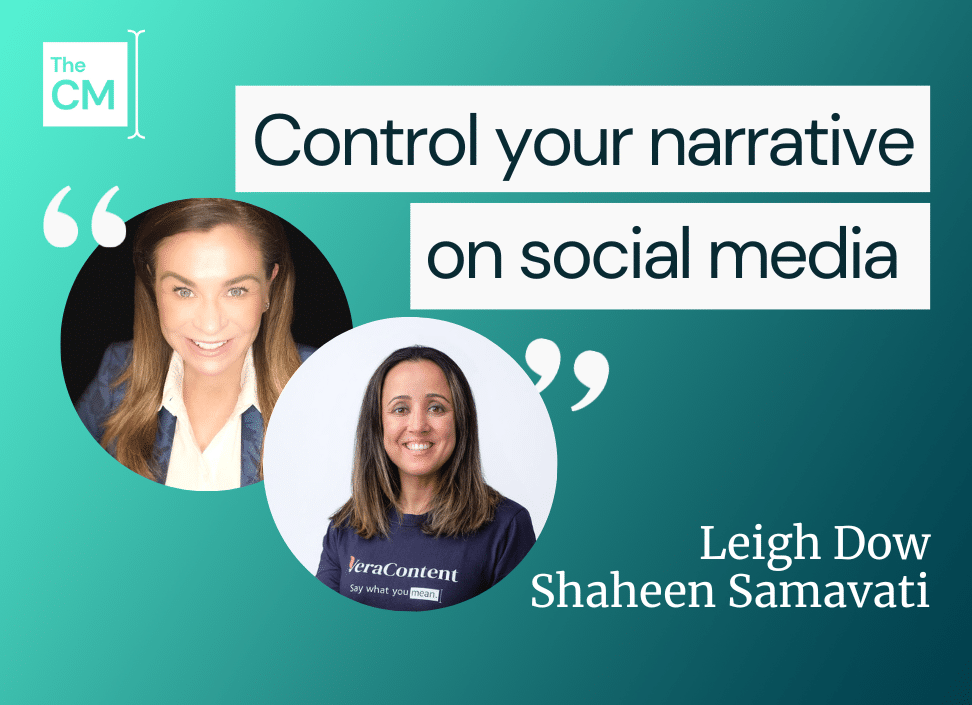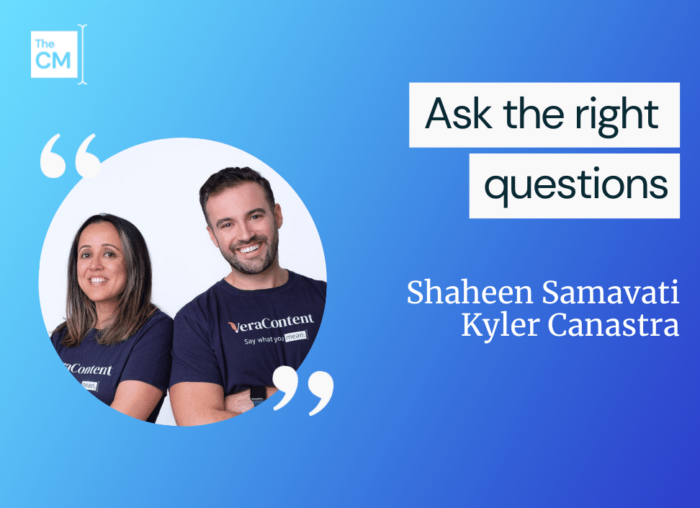Practical ways to use AI in content marketing
Check out this Global Marketer podcast episode to learn all about the best ways to integrate AI technology in the content creation process.
Practical ways to use AI in content marketing
Check out this Global Marketer podcast episode to learn all about the best ways to integrate AI technology in the content creation process.
The Global Marketer Newsletter
Get monthly updates packed with expert marketing advice. Stay informed and inspired with curated insights to help you excel in your career in international content and social media marketing.
Sign me up!
The Global Marketer Newsletter
Get monthly updates packed with expert marketing advice. Stay informed and inspired with curated insights to help you excel in your career in international content and social media marketing.
Sign me up!
Editor's picks
Top podcasts
Editor's picks
Top podcasts
























